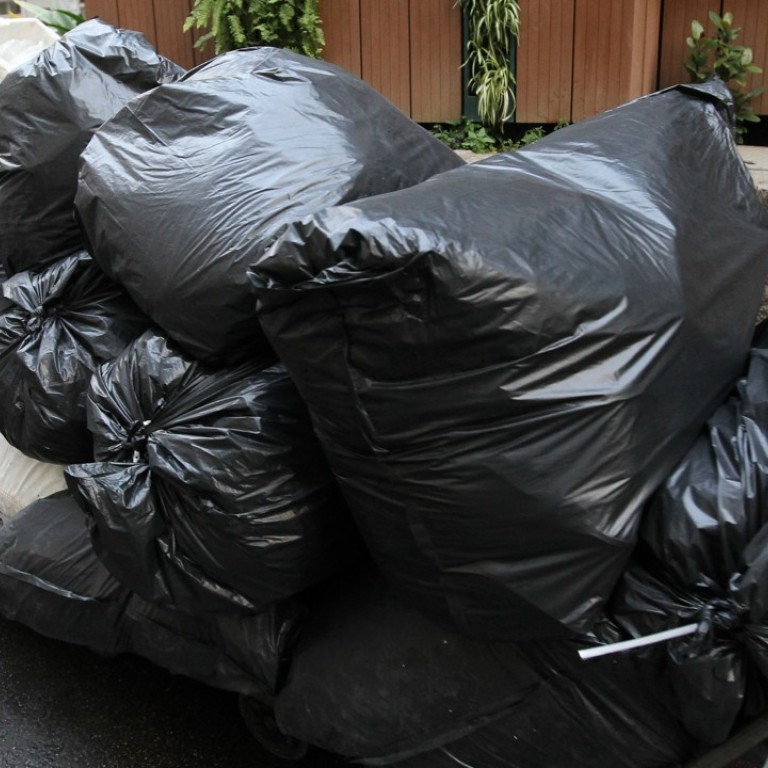Advertisement
Advertisement

Letters | Hong Kong’s waste disposal charging scheme may not be perfect, but it’s a good start
- The Legislative Council should back the government’s proposal to implement a waste disposal charge, as such schemes have proved successful elsewhere
In 2013, the government published a blueprint aiming to cut municipal solid waste by 40 per cent by 2022. Instead of falling, the city’s disposal rate has continued to climb over the years. It is evident that the current soft measures have not been as effective as hoped and that for Hongkongers, money talks.
The government recently introduced the much-delayed bill on the waste charging scheme for reading in the Legislative Council. As always, there is no pleasing everyone.
Some have little faith in their fellow Hongkongers, claiming that illegal dumping will become more common. To the contrary, many cities that are already practising similar policies have not observed increased fly-tipping. While we do expect to hear more reported instances of fly-tipping, this is likely to be a result of the government devoting more resources into monitoring and the waste charging scheme being put under the spotlight.
Others have complained that Hong Kong should target retailers that sell over-packaged products rather than considering the scheme. When we look at our neighbours like Singapore and Taipei City though, such moves typically come after a waste charging scheme is in place. Worse, this argument implies no agency over our actions. While excessive packaging is an issue to be tackled, we can also vote with our wallets by choosing not to buy those products.
Lawmakers may be worried that voting on the scheme would affect their own re-election prospects – after all, surely nobody likes punitive measures. However, a past survey by the Hong Kong Institute of Asia-Pacific Studies disproves that, finding that over half of those surveyed responded positively and a quarter were ambivalent towards the introduction of waste charging. By voting against the bill, lawmakers risk going against public will.
Will this waste charging scheme magically solve all of our waste problems? Of course not; accompanying measures will be needed to complement the scheme – such as making recycling easier through extended producer responsibility, where producers pay into a fund to subsidise recyclers or establish their own take-back system. Another idea is to set up collection for domestic food waste, considering that it makes up for over one-third of municipal solid waste.
Thanks to years of procrastination, Hong Kong cannot afford the luxury of waiting for everything to fall into place before launching a waste charging scheme. We should not let the perfect be the enemy of the good in becoming a zero-waste city.
Wendell Chan, programme officer of Friends of the Earth (HK)

Post
